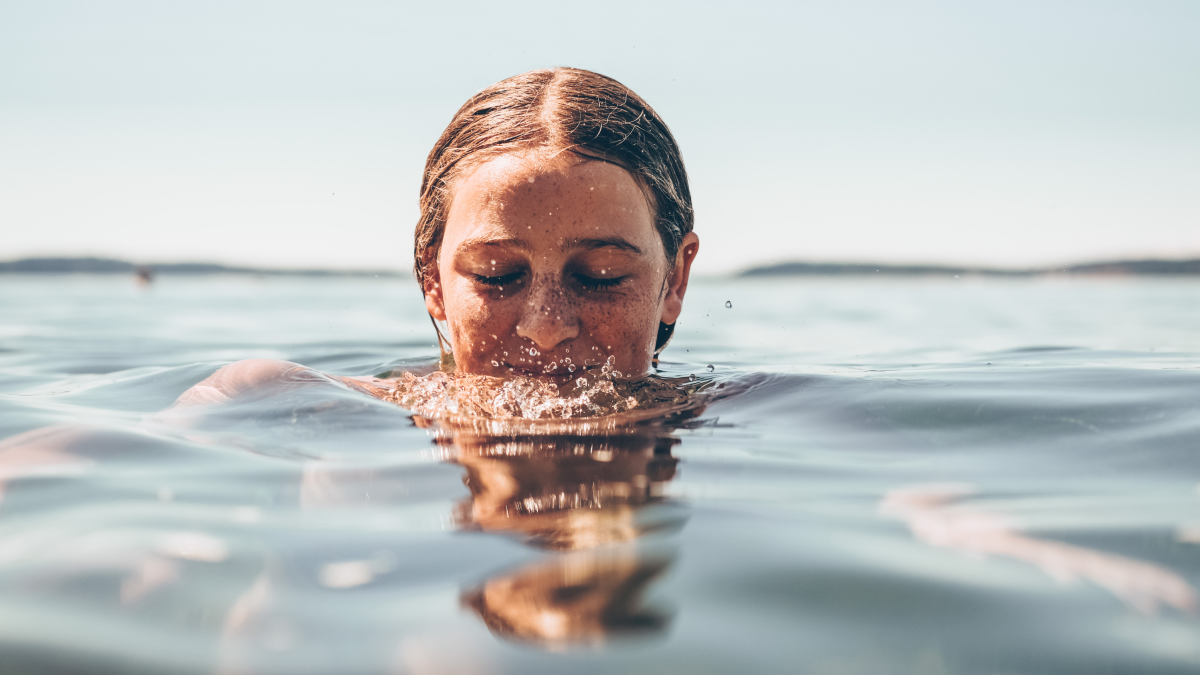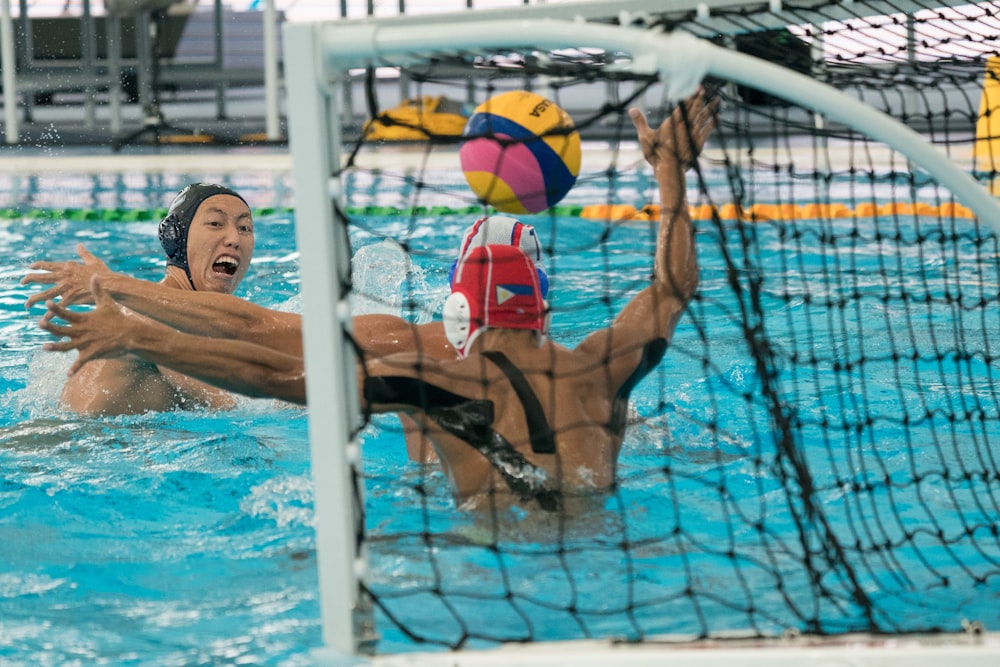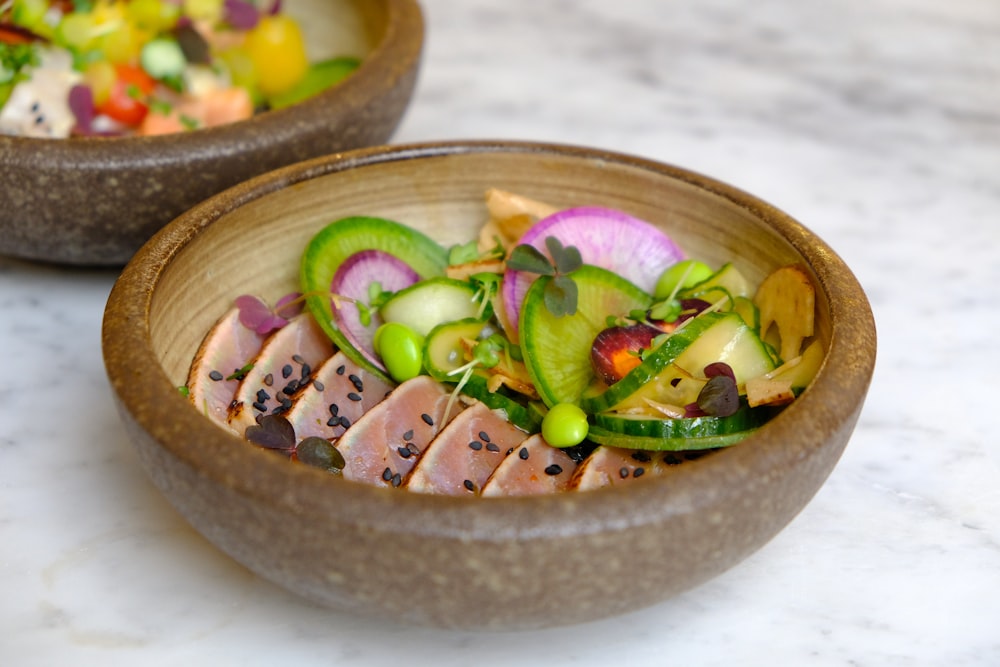
Are athletes born or made? Are people natural-born athletes, or do they work hard for it? As a former pro-athlete turned professional marketer, Zada Yeung wanted to discuss this topic. Below is a transcript of Zada Yeung’s interview with CircleDNA:
I used to play water polo professionally, and some people thought being a great swimmer (and an amazing athlete) was in my genes.
My CircleDNA report, however, indicated that I’m not very genetically inclined for sports or athleticism. The report stated that I am genetically likely to only have “medium” endurance, power and strength – not “high” like a born athlete. My DNA report suggested that I might be genetically more likely to be better at basketball, football or table tennis. It turns out, however, that swimming and water polo are my true strengths.
I don’t think you’re born an athlete. I believe that you can train hard to become an athlete, even if it’s not in your genes to be very athletic. Many people argue that your genes only account for about 30% of your athletic ability, and the other 70% lies within your hard work, practice, discipline and commitment. For me, however, it truly felt like 90% of my athletic ability came from practice and hard work, and only about 10% felt attributed to my genes. So, if you asked me, are athletes born or made? I’d definitely say they’re made because anyone can fight against genetic weaknesses and make themselves a strong athlete.
How Did I Get Into Swimming?
My brother is the reason I first got into swimming at a young age. He had asthma, and the doctor recommended he practice swimming since swimming is an activity that strengthens your lungs. My parents decided to just send both of us to swimming lessons together. I’m the one who continued in swimming, but I have my brother to thank for introducing me to the sport. It definitely feels like fate, since I’m not sure I’d otherwise have started swimming at all.
What started as basic swimming lessons as a kid while I was in school turned into participating in big swimming competitions abroad. Competitive swimming became an amazing journey for me. I kept training harder and harder and eventually became a water polo player.
Professional Water Polo in the 2028 Asian Games

The 2018 Asian Games was a very remarkable and memorable experience for me. About 6 months before the Asian Games began, I quit my full-time job as a marketer with the commitment in mind to be a full-time athlete. I trained 9 lessons per week, every week, while in training mode. Starting at 3:00 AM, I’d do 2 hours of swimming training. In the evenings I’d do up to 3 hours more of water polo training and land training. My swimming skills really helped, as I only trained 3 years for water polo itself.
Did I Have to Alter my Diet to be a Professional Athlete?
I drank a lot of sugary and sweet drinks before, after and even during my training sessions. Why? Because I needed the energy. I wasn’t really on a diet, as these high-calorie milkshakes and sugary drinks would easily be burned off with my intense training program.
I ate a lot of fast food, too. I was burning so many calories while training for the games, I didn’t need to diet. In fact, my sport is one of the highest calorie-burning sports out there.
What My Balanced Lifestyle Looks Like Now
Nowadays, I find a balance between my work as a marketer, socializing with friends, and my time for exercise like yoga. I really enjoy going to the gym, doing yoga or doing Muay Thai. I like to wake up a little bit earlier and start work a little bit earlier so that I can finish work earlier to have more time to enjoy these activities. I’ve even gotten my friends interested in doing yoga with me, which is really nice. It’s such a great stress-relieving exercise, and sometimes it’s even better when enjoyed with friends. I enjoy my work-life balance.
Sometimes I do miss being a professional athlete because the lifestyle of a professional athlete is very structured and goal-oriented. You get to eat a lot, sleep a lot, and train a lot. It’s all very consistent. Also, being a professional athlete in Hong Kong is a very precious opportunity, and it’s not a normal life, so it’s natural to miss that life sometimes. Being a professional water polo player is a chapter in my life that I’ll always treasure and remember fondly.
My CircleDNA Report (Nutrition/Diet)

Other than the sports and fitness reports, I also found the skin reports very interesting with CircleDNA.
CircleDNA also gave me a lot of interesting nutrition and diet info, tailored to my genetics. Now that I’m not burning a crazy amount of calories training as a pro-athlete anymore, I do have to be more cognizant of eating a healthy diet. I’m a pescatarian now, so I eat a lot of healthy plant-based foods. I also switched from dairy to non-dairy milk. I feel healthier since making these dietary changes, which is great. CircleDNA explained my lactose sensitivities, and I do feel better after switching to non-dairy.
My CircleDNA Report (Fitness)
To maintain my ideal body shape, I have to plan out my meals a lot better now that I’m not burning insane calories by training for hours per day. Perhaps during my rigorous training days, I wouldn’t have to think too much about what I ate, and would just eat fast food and milkshakes. Now I put more thought into what I eat. I even managed to switch from sugary caramel lattes to more basic coffee such as an Americano, or a latte with oat milk. I consumed a lot of liquid calories while training for the games because I could burn it off so easily. Now, I’m careful not only with what I eat but also with what I drink.
CircleDNA told me my optimal diet was the Mediterranean, and my diet (pescatarian) is very similar to this diet. Both involve eating a lot of plant-based foods, such as whole grains, vegetables, legumes, fruits, nuts and seeds, and encourage fish as a protein source. The main difference is that on a Mediterranean diet, I could still eat some meat. The rest of the diet would be pretty similar to what I eat now. Along with sleeping more, eating healthier has been one of my main goals this summer.
What Does Being Successful Mean to Me?
A lot of people base their success on their achievements and believe there must be very high achievements. In reality, however, as long as you achieve something that makes you happy, I think you’re set. Happiness is the definition of success for me, and that’s the only major thing I want to achieve.
